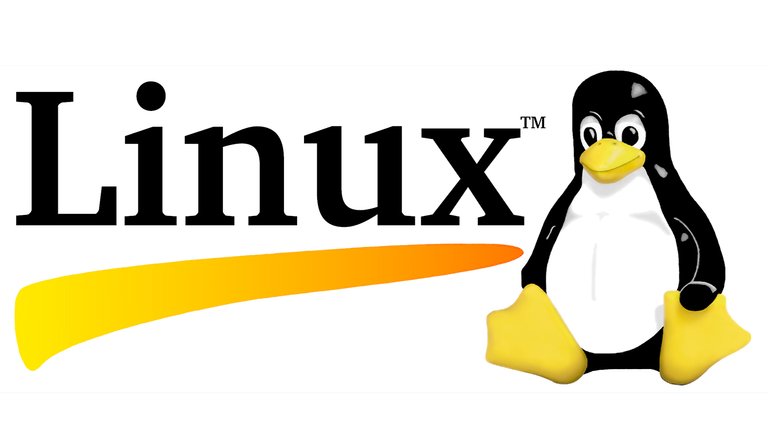I'm going to start a little series called Ubuntu 101. The series is going to focus on getting you introduced to Linux, particularly Ubuntu, and teaching you how to do all the basics.

Are Linux and Ubuntu the same thing?
This is a question I see a lot. People aren't sure if Linux is the same thing as Ubuntu, Fedora, ArchLinux, etc. The answer is simple but it can be a little confusing. The answer is yes, and no. Linux is an operating system kernel. Ubuntu (and other Linux distributions) are the various tools and software built around the Linux kernel. Some use the kernel as it it, and others customize it to various extents.
So, while Ubuntu uses the Linux kernel it is not Linux itself. Ubuntu is a set of tools, scripts, and software built around a customized version of the Linux kernel.
What is Linux

Linux was a personal project of the Finnish student Linus Torvalds that began in 1991. The goal was to create a new free operating system kernel. Since it's initial release as a small number of C files under a commercial license back in 1991 it has grown into more than 23.3 million lines of code, not counting comments, under the GNU General Public License.
The Linux kernel a free and open-source, Unix-like operating system kernel. The Linux family of operating systems are based on this kernel, and deployed on both traditional computer systems and servers, as well as a variety of devices such as routers, wireless access poits, PBXes, set-top boxes, FTA receivers, smart TVs, PVRs, and NAS appliances.
Adoption of the Linux kernel in personal desktop comuters is still low. However, Linux based operating systems dominate nearly every other segment of computing, from mobile devices to mainframes. Since November 2017 all of the world's 500 most powerful supercomputers run Linux. The Android operating system (for tablets, smartphones, and smartwatches) also uses the Linux Kernel.
Why would I want to use Linux?
Well, mostly I am going to assume if you are reading this series you've already decided for yourself why you want to use Linux. But, in case you haven't there are several reasons why you may want to make the switch.
First of all, Linux is completely free, and open source. Open source projects tend to be much more secure than their closed source counter parts. This is partially based on the fact that any one can see, and attempt to contribute to the source code of the project. So, rather than relying on one small team to spot, and fix bugs and security issues you have a world wide group of volunteers who use, and love the project helping to support it.
Speaking of security... it is much harder for malicious software or viruses to do any damage if you are running a Linux based operating system. This is partially due to the fact that they have to be logged in as a root user to make changes to settings and system files. This restriction of privileges is in part due to the fact that Linux is open source.
Linux is also very stable, and not prone to crashes. Unlike Windows, which can be bogged down quickly, Linux based operating systems can, and will, run just as quickly and smoothly after years of use.
Here are a couple more articles to help you decide if you want to make the switch:
Congratulations @ronbecker! You have completed the following achievement on the Steem blockchain and have been rewarded with new badge(s) :
You can view your badges on your Steem Board and compare to others on the Steem Ranking
If you no longer want to receive notifications, reply to this comment with the word
STOPVote for @Steemitboard as a witness to get one more award and increased upvotes!